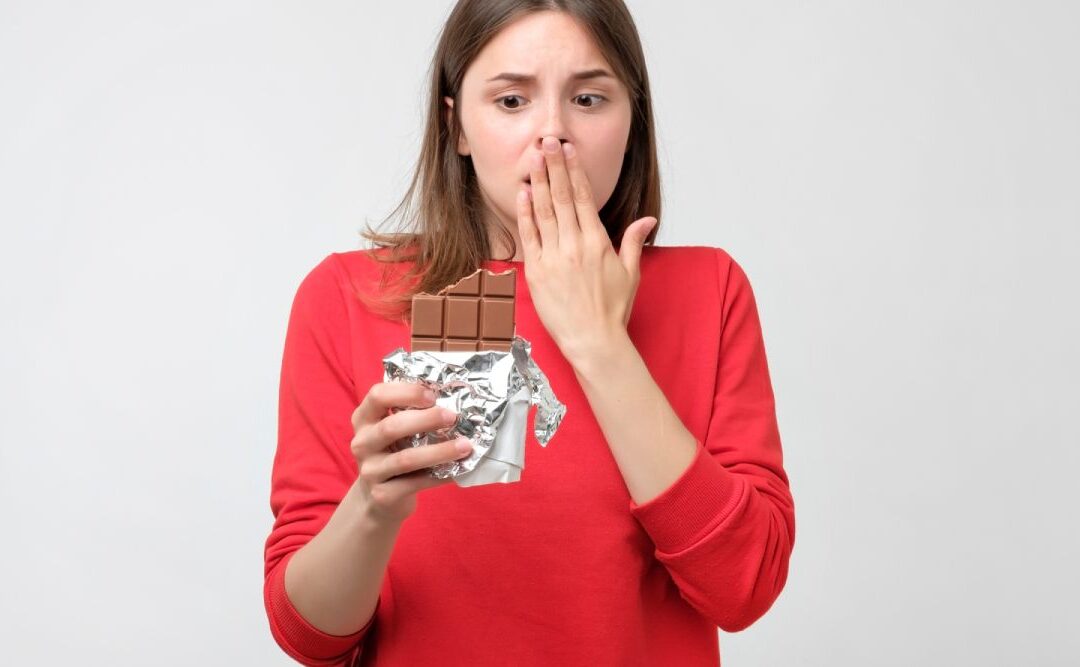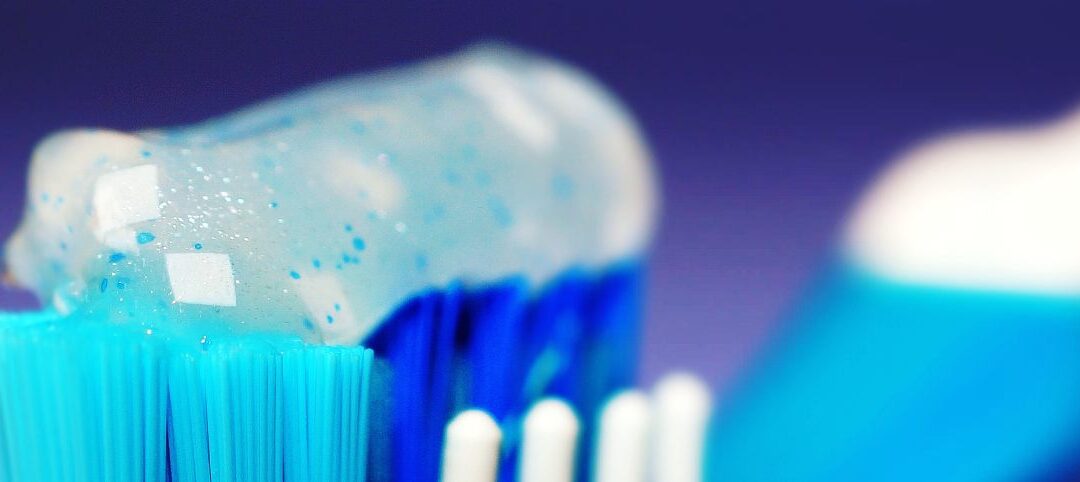
The Dangers of Vaping and Your Teeth: What Your Victoria Dentist Says
Most of us recognize cigarette smoking tobacco is bad for our teeth and mouths. Smoking is known to substantially boost your threat for oral cancer, create extra plaque, persistent foul-smelling breath, as well as an enhanced opportunity of periodontal condition. But what about vaping? Many of our patients that visit Urban Smiles Victoria ask us if the new trend of vaping is safe for their smile. Unfortunately, the answer is no. New studies reveal vaping can be just as harmful to your teeth as traditional cigarettes.
Tobacco or not, vaping can lead to many of the same issues that smoking can, and is just as bad for your teeth, body, and mouth.
What is Vaping?
Understanding how vaping can be harmful starts with understanding what vaping is.
Unlike traditional cigarettes, vaping (e-cigarettes) does not produce tobacco smoke and instead they use a vapor to deliver nicotine to the lungs.
There is a common misconception that the vapor produced by these products are simply water vapor, but in fact they contain nicotine and other ultra-fine chemicals. Most of these chemicals with prolonged use can be connected to cancer, respiratory system illness, and cardiovascular disease.
While vaping hasn’t been around long, early studies of its impacts are worrying. Recent data reveals vaping:
- Effects the health and wellness of your lungs
- Rises your threat of heart disease
- Damages your blood cells
- Adversely impacts your immune system
Vaping and Your Smile
Vaping is bad for your overall health, but can also specifically be dangerous to your smile. Vaping can lead to a variety of dental issues such as:
Receding Gums
The nicotine works to reduce the blood flow which your gums need in order to get the oxygen and nutrients that they use to stay healthy. Vaping can cause gum recession due to the death of gum tissues.
Tooth Decay
Aside from gums, nicotine in vapes can also reduce the amount of saliva in your mouth. A low amount of saliva can lead to dry mouth, plaque build-up, and increased risk of cavities.
Bruxism
Acting as a muscle stimulant, the nicotine you inhale through vaping can trigger you to grind your teeth.
Gum Disease
Studies recommend vaping additionally raises your risk of gum tissue conditions. The nicotine from vaping causes gum tissue swelling. Inflamed gum tissues integrated with completely dry mouth and enhanced bacteria are a recipe for periodontal illness.
If you vape, watch for these usual signs of gum tissue illness:
- Recurring foul breath (halitosis)
- Red, irritated, or bleeding gums
- Tender gums
- Loose teeth
- Receding gums
So, is vaping bad for your teeth?
The short answer: Yes. E-cigarettes and vaping pose threats similar to smoking traditional cigarettes. If you are a cigarette smoker or a vaper, at Urban Smiles we recommend that you pay extra close attention to your dental health and schedule routine dental checkups at our downtown Victoria office.


